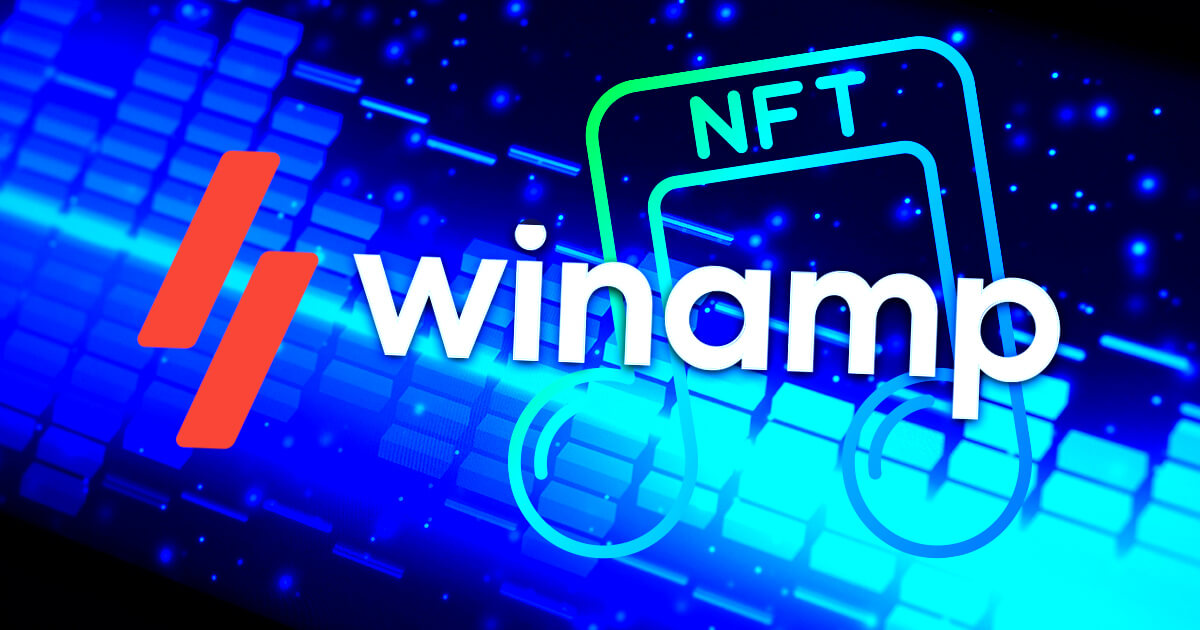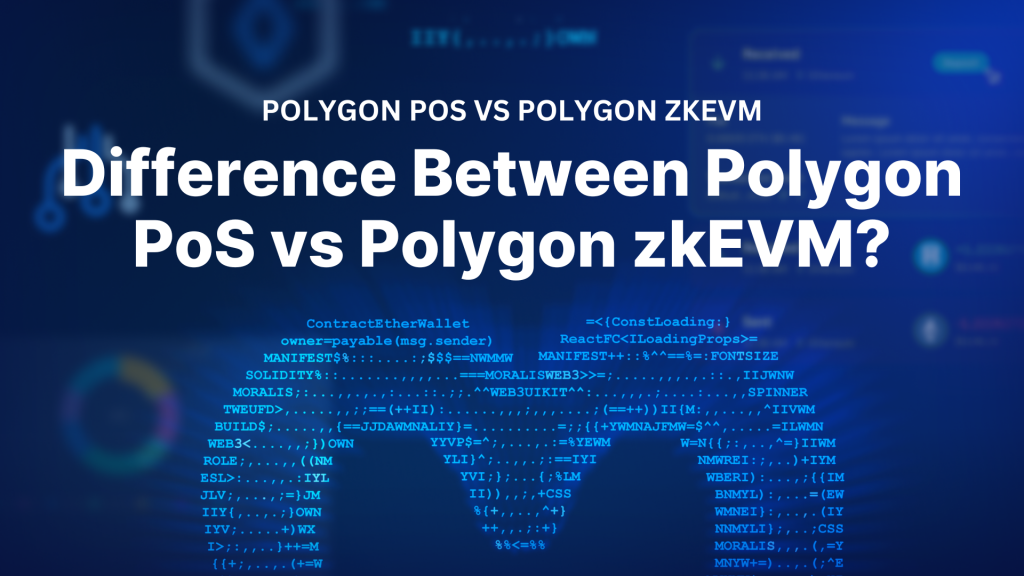
That is an opinion editorial by Thibaud Maréchal, a contributor to privacy-focused Bitcoin pockets venture Wasabi Pockets.
“Divide and conquer” is a battle-tested army technique to fracture a bunch of individuals by making them disagree and combat one another as an alternative of becoming a member of collectively in opposition to a typical enemy. Wasabi and Samourai, two in style bitcoin wallets with completely different CoinJoin implementations have been preventing for a few years. JoinMarket, a 3rd CoinJoin implementation, has additionally been concerned in colourful debates with different privateness builders.
Studying about bitcoin privateness and CoinJoins has change into fairly exhausting with ongoing drama. Who to belief? How can one confirm for themselves? It’s all very unclear. What does it convey for precoiners, informal bitcoiners and purists alike? Confusion, worry, uncertainty and doubt (FUD). The state of bitcoin privateness is embarrassing with all this perpetual drama scaring away new customers. Valuable time is wasted by builders, educators and common customers who would in all probability be higher off doing something however attempting to maintain up with the drama.
It’s apparent that nobody agrees on “tips on how to do CoinJoins proper,” not to mention, how CoinJoins needs to be carried out to optimize person privateness and block house effectivity on the Bitcoin community? What are the tradeoffs between completely different implementations? Are some implementations outright flawed? How do CoinJoins “cross the chasm” from early adopters to mainstream customers when billions of individuals will flip to bitcoin within the coming years?
Let’s now check out CoinJoins by asking elementary questions and elevating some assumptions to construct some form of psychological fashions, which will likely be helpful in evaluating completely different implementations in future articles.
Not All CoinJoins Are Made Equal
Blockspace effectivity needs to be thought of to ensure CoinJoin transactions scale as Bitcoin will get utilized by extra individuals the world over. That is not often mentioned as a high precedence. Any CoinJoin design that ignores blockspace shortage is unnecessarily spamming the block chain whereas accumulating technical debt, which will likely be troublesome to pay again as extra customers CoinJoin sooner or later. Having a minimal footprint on the block chain is one aim that appears very cheap to purpose for: a small variety of transactions to get to an appropriate stage of anonymity sounds preferrred.
- What’s an appropriate stage of anonymity?
- What does anonymity even imply within the context of bitcoin privateness?
- How are explicit CoinJoin designs coping with blockspace shortage?
Reclaim Your Privateness
Anonymity in bitcoin would imply that there aren’t any excellent or uncommon options that will make a given transaction outstanding from different transactions on the ledger. That, in fact, is just not by design on the Bitcoin community, which is a pseudonymous system the place cash (UTXOs, which stands for Unspent Transaction Output in technical phrases) are by default not fungible on account of having distinctive transaction histories.
CoinJoins add a stage of anonymity to the bitcoin community by breaking hyperlinks between transaction inputs and outputs primarily making ensuing UTXOs indistinguishable from one another. There are different heuristics that chain evaluation corporations use to observe the bitcoin community, similar to frequent enter possession, self-spending, spherical quantities or timing evaluation to call a couple of, which can or will not be obscured by CoinJoins.
CoinJoins assist bitcoiners reclaim their privateness however are usually not the answer to the whole lot. If privateness is known as the selection to share details about oneself, nice privateness may be achieved via CoinJoins however selecting the correct implementation is important.
- What’s my privateness aim utilizing CoinJoins?
- Which heuristics does a CoinJoin implementation shield me in opposition to?
- What are the dangers that I wish to keep away from?
Quantity Of Individuals
Current CoinJoin implementations have very other ways of bettering privateness. Irrespective of every CoinJoin implementation design, the anonymity set (one measure for the extent of anonymity) appears to be probably the most conventional technique to consider how a lot privateness one will get from a CoinJoin. There are different ways in which will likely be mentioned in different articles. The assumptions are that both a excessive anonymity set is achieved with a big CoinJoin transaction or that it’s achieved over a number of smaller CoinJoin transactions. These two parameters are each necessary, however is there one that’s extra necessary than the opposite?
When it comes to blockspace effectivity, the belief could be that reaching a big anonymity set with a single very giant transaction that has many members is best than a number of very small transactions with a couple of members.
- Is one single giant CoinJoin or a number of small CoinJoins higher for privateness?
- How can that be verified in truth and rigorously? How small is just too small for a CoinJoin?
- What’s the proper metric to guage how a lot privateness you will get from a CoinJoin?
- What’s the most blockspace environment friendly in terms of the scale and variety of CoinJoins to reclaim your privateness?
- Is it reasonable to anticipate cash to take part in a number of CoinJoins over time as extra individuals begin utilizing CoinJoins? What number of CoinJoin rounds is sufficient or an excessive amount of?
In easy phrases, CoinJoins enable bitcoiners to reclaim their privateness by giving them believable deniability. Plausibility is a measure of chance. How probably is it that your bitcoins have been spent or just moved to a different tackle you continue to management? How probably is it that one enter is linked to a given output?
Clearly, the smaller the chances throughout many choices, the higher believable deniability you get as a hodler. Believable deniability is difficult to protect as a result of errors are simple to make. Change outputs are sometimes problematic for bitcoiners who care about privateness and are sometimes a supply of contentious discussions and criticism. Why is change output such a controversial subject in CoinJoins?
Change Output
It’s all about deterministic hyperlinks. If bitcoin transactions had a spectrum of privateness, on one finish could be a transaction with absolute believable deniability, that means 0% probability of understanding the hyperlink between inputs and outputs. That is additionally known as randomness or entropy in a CoinJoin. The belief is that the extra random or greater the entropy, the higher. On the opposite finish could be a transaction with 100% deterministic hyperlinks between its solely enter and single output.
Unintuitively, a excessive entropy doesn’t essentially imply {that a} transaction gives good privateness. A transaction with three inputs and three outputs of equal quantities technically has 100% entropy, that means there is no such thing as a technique to distinguish every output from one another; and but, there’s a 33.33% probability that every enter is linked to a specific output. Excessive entropy doesn’t essentially imply good believable deniability.
Change virtually all the time has a really excessive deterministic hyperlink to its earlier transaction. In different phrases, there may be little doubt {that a} change output is just not tied to the earlier transaction that spent it. That may be a substantial privateness situation if a given change output have been to be co-spent with different nameless inputs following CoinJoins (although exceptions might apply in sure instances). That is often known as UTXO consolidation and may be deadly to your privateness if completed naïvely.
Change outputs can de-anonymize outputs which have gained some believable deniability from CoinJoins if spent collectively. Errors are commonplace for bitcoiners and typically the belief comes too late, undoing years of diligent privateness enhancements in a single single spend. Learn how to eliminate this variation output downside?
Current CoinJoin implementations have 3 ways of coping with change outputs: isolate the grow to be one other pockets that’s not CoinJoining, embody the change output in the identical pockets that’s CoinJoining or eliminate the change output by not having change outputs in any respect. The latter appears to be probably the most advisable when it comes to privateness and blockspace effectivity however additional digging is required to validate or reject this assumption.
- Is a excessive entropy rating sufficient to qualify a CoinJoin nearly as good in your privateness?
- Is it higher to isolate change outputs in one other pockets or ought to it’s eliminated fully?
- Is a change output all the time unhealthy in your privateness?
Coin Denominations
Eliminating change outputs in CoinJoins requires that coin denominations be variable in a CoinJoin. In different phrases, the inputs registered in a given CoinJoin can not have a set dimension like 0.1 BTC, in any other case it turns into inconceivable (or no less than very exhausting) to devour inputs with out creating change outputs as most UTXOs don’t have spherical numbers (i.e. 0.19572394 BTC the place 0.09572394 BTC could be the change in a 0.1 BTC fastened coin denomination CoinJoin).
Change outputs may be harmful in your privateness, bear in mind? Having a number of sizes for inputs and outputs in a CoinJoin appears to be a nasty thought because it brings us nearer to deterministic hyperlinks between inputs and outputs, proper? Effectively, sure and no. It relies upon. If a CoinJoin has a small variety of members (that means few inputs and few outputs), then completely different denominations are a nasty thought. However what if numerous inputs and outputs are included in a given CoinJoin?
In a big CoinJoin, a number of denominations can convey a excessive stage of believable deniability to every ensuing output with out creating change outputs and requiring extra transactions, which is a extremely environment friendly use of blockspace. Evidently many packing containers could possibly be ticked at this level.
- Is it higher to have fastened or variable coin denominations in a CoinJoin?
- How large ought to a CoinJoin be for variable denominations to make sense?
- Are variable coin denominations the easiest way to eliminate change output in CoinJoins?
It goes with out saying that CoinJoin rounds interconnectivity shouldn’t be tolerable in any circumstances no matter whether or not coin denominations are completely different or if the CoinJoin is a big or small transaction, proper? Effectively, right here once more, there is a crucial nuance to grasp.
Coinjoin Rounds Interconnectivity
It’s claimed that registering inputs from previous shared CoinJoins into new CoinJoins is ill-advised in all instances. Individuals from mutually shared previous CoinJoins don’t appear to learn from mixing collectively in different CoinJoins. It appears dangerous to privateness, and is usually criticized.
What if a CoinJoin is giant and a few registered inputs come from a number of different CoinJoins, every being additionally downstream from a number of different CoinJoins? In such a case, members remixing collectively are nonetheless bettering their privateness regardless of coming from a shared previous CoinJoin. If every CoinJoin is giant sufficient, the members are usually not required to remix a number of instances, although they’ll in the event that they wish to additional enhance their anonymity units.
If many giant intertwined CoinJoins are concerned, the ensuing anonymity set ought to present loads of believable deniability, regardless of sharing previous CoinJoins as origin of funds.
- Is CoinJoin rounds interconnectivity, which is sharing mutual previous CoinJoins, a nasty factor by itself?
- How giant ought to a CoinJoin be for remixing with different previous inputs to be thought of protected?
Private Full Node
Do you have to run your personal bitcoin full node when collaborating in CoinJoins? On the floor, it looks like a fantastic thought, and it often is. Some CoinJoin implementations enable that, whereas others outright require it. Others gained’t can help you even use your personal full node. Is that to sentence completely? If you happen to’ve learn till now, it is best to know that the reply is nuanced and opens up a deep rabbit gap to be explored later.
Operating your personal full node comes with usability tradeoffs, and should not add a lot privateness safety if not all customers do it. Operating your personal node might even offer you a false sense of safety and privateness if few CoinJoin members do it, which may be deeply dangerous. If Tor is used as an nameless technique to CoinJoin (and we’ll go away it as that for now), then utilizing a trusted full node to broadcast the CoinJoin transaction may be advantageous because the default. A lot of nuances, and naturally, don’t belief, confirm.
There are some important inquiries to ask in order to not fall within the lure of privateness advantage signaling.
- Does the CoinJoin implementation enable to run full nodes, require them by default or don’t enable them?
- If private full nodes are usually not obligatory, what are the privateness shields in place? i.e. Tor, block filters, and so forth…
- If I run my very own full node, however anticipate most customers to make use of a default trusted node to CoinJoin, how does that have an effect on my privateness? Can the coordinator de-anonymize me?
With privateness considerations, it’s all the time necessary to grasp what you’re attempting to guard, and in opposition to whom. Operating a full node and utilizing it with your personal pockets is the best method to make use of bitcoin because it lets you confirm your pockets steadiness and broadcast transactions to the community with out trusting anybody. However in terms of CoinJoins, there may be often a coordinator in cost. What does the coordinator do and the way is it chosen? Learn on.
The Coordinator
The CoinJoin coordinator is answerable for having each participant register their inputs and outputs, and signal the collaborative transaction earlier than broadcasting it. Most CoinJoin implementations default on a central coordinator, which is a single level of failure. Up till now, this has been an accepted tradeoff in most bitcoin communities. Can a central CoinJoin coordinator fail? Completely. Different implementations enable anybody to be a coordinator for every completely different CoinJoin, although there are different units of commerce offs right here that will likely be mentioned later.
Coinjoins being non-custodial, no lack of funds might happen if any coordinator would fail. The coordinator ought to by no means know greater than what everybody is aware of publicly on the bitcoin community. Why? If a coordinator is aware of greater than what’s publicly out there, a CoinJoin coordinator turns into a honeypot with extremely delicate information that may be exploited in opposition to bitcoiners trusting the service.
You must by no means belief a CoinJoin coordinator. If a CoinJoin coordinator can’t be evil, good. If it may be evil, it is going to be ultimately, out of errors, omissions, coercion or outright dishonesty.
An instance of delicate person information could be XPUBs, which undeniably leak all of the details about a pockets, its addresses, together with previous, present and future bitcoin transactions. One other instance could be the ratio between customers operating their very own full nodes and customers trusting the coordinator’s full node to broadcast CoinJoins, because it might de-anonymize customers operating their very own nodes, and subsequently deterministically know the hyperlinks between their inputs and outputs. That is yet one more nuanced subject, which might require additional investigation and dialogue.
- Does the coordinator know greater than what’s publicly out there on the bitcoin community?
- Do customers leak delicate information to the coordinator, similar to their XPUB or whether or not or not they run their very own full nodes?
- Does the coordinator declare that customers ought to belief them utilizing authorized protection mechanisms? (i.e. warrant canaries, regulatory arbitrage, and so forth…)
Charges
Backside line, who pays for what in CoinJoins? These bitcoin transactions may be costly and typically charge buildings are unclear for bitcoiners. It’s exhausting to know the way a lot good privateness will price you and even if you’re getting any privateness out of it. Some CoinJoin implementations enable a single enter to purchase its privateness from different inputs who solely take part without spending a dime to extend their very own anonymity set. Getting paid to CoinJoin? With endurance, sure.
Some fashions depend on shared charges the place just some UTXOs pay charges whereas others don’t. Different fashions depend on inviting an ever rising variety of new clear inputs (not combined but) to fund the prevailing CoinJoins for remixing inputs that should not have excessive sufficient anonymity ranges. Some fashions appear unsustainable over the long run whereas others are naïve, or method too costly for many customers.
And what charges are we speaking about? Effectively often, inputs collaborating in CoinJoins pay each a coordinator charge or taker charge, (the service charge to get some stage of anonymity) and the bitcoin community charges. Particularly CoinJoin fashions, these charges get waived in sure circumstances. The economics of CoinJoins is a deep rabbit gap which requires additional investigation for a a lot deeper understanding.
- Who pays for what in a CoinJoin? What are all of the charges?
- What are the incentives of the CoinJoin coordinator?
- Are all CoinJoin rounds paid for or is there any free remix?
Having learn to date, the hope is that bitcoiners procuring round for CoinJoins wouldn’t essentially have the entire solutions, however the best inquiries to ask. A psychological mannequin or framework to guage completely different CoinJoin implementations may be fairly useful for anybody who’s contemplating utilizing CoinJoins to reclaim their privateness on bitcoin. Sorting via the noise of social media requires mental honesty and the best analysis system rigorously utilized.
This can be a visitor put up by Thibaud Maréchal. Opinions expressed are fully their very own and don’t essentially mirror these of BTC Inc or Bitcoin Journal.




















